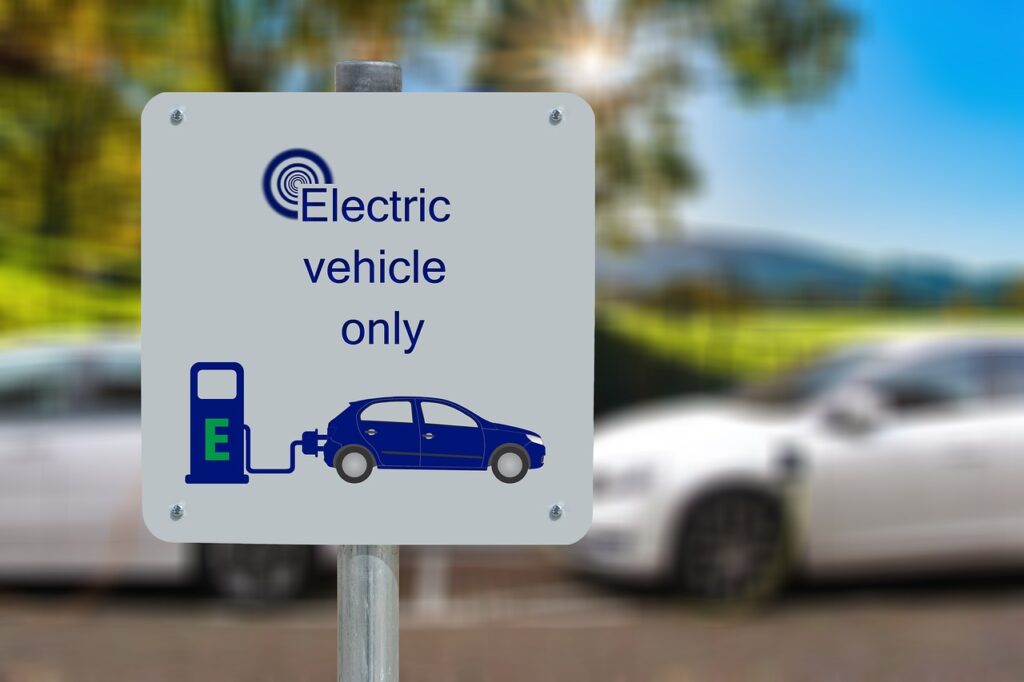With the automotive industry shifting rapidly towards sustainability, the debate between hybrid and electric cars has become more relevant than ever. Both types of vehicles offer eco-friendly alternatives to traditional internal combustion engines, but they do so in different ways. If you’re considering making the switch, it’s essential to understand the differences, benefits, and drawbacks of each. In this article, we’ll delve into the key distinctions between hybrid and electric cars to help you make an informed decision.
1. Understanding Hybrid and Electric Cars
Hybrid Cars
Hybrid cars combine an internal combustion engine (ICE) with an electric motor and battery. They operate using either the engine, the electric motor, or a combination of both, depending on driving conditions. Hybrids can be classified into two main types:
- Traditional Hybrids (HEVs): These vehicles recharge their batteries through regenerative braking and the ICE. They cannot be plugged in to recharge.
- Plug-in Hybrids (PHEVs): Equipped with larger batteries, PHEVs can be charged by plugging into an electrical outlet and typically offer a limited all-electric driving range before switching to hybrid mode.
Electric Cars (EVs)
Electric cars rely solely on electric power, eliminating the need for gasoline. They are equipped with larger battery packs and are charged by connecting to an external power source. EVs are divided into two categories:
- Battery Electric Vehicles (BEVs): Fully electric with no gas engine, offering zero emissions during operation.
- Extended-Range Electric Vehicles (EREVs): Feature a small gasoline generator to recharge the battery when it gets low, though the wheels are always powered by electricity.
2. Cost Considerations
Upfront Costs
- Hybrid Cars: Typically cost more than traditional gasoline vehicles due to their dual powertrain systems but less than fully electric cars.
- Electric Cars: Often come with higher upfront costs, primarily due to the expensive battery packs. However, government incentives and rebates can offset these costs significantly.
Operating Costs
- Hybrids: Offer excellent fuel efficiency, which can lower long-term fuel expenses. Maintenance costs are also moderate as the gasoline engine requires regular servicing.
- EVs: Benefit from lower energy costs per mile compared to gasoline. Maintenance is generally cheaper due to fewer moving parts and no oil changes.
3. Range and Charging Infrastructure
Hybrid Cars
Provide an extended driving range due to the combination of gas and electric power. They do not depend on charging stations, making them convenient for long trips.
Electric Cars
Typically offer a range between 150 to 400 miles on a full charge, depending on the model and battery size. Charging infrastructure is expanding, but long trips still require careful planning to access fast-charging stations.
4. Environmental Impact
Hybrids
Produce lower emissions than traditional gas-powered cars but still emit greenhouse gases when running on gasoline.
Electric Cars
Generate zero tailpipe emissions, making them a greener choice. However, the environmental benefits depend on the electricity source (renewable energy vs. fossil fuels).
5. Driving Experience
Hybrids
Seamlessly switch between power sources, offering a smooth ride with decent acceleration. However, they can feel less powerful than gas-only vehicles in some cases.
Electric Cars
Known for instant torque and smooth, quiet acceleration. The absence of a traditional gearbox enhances driving comfort and performance.
6. Long-Term Resale Value
- Hybrids: Tend to hold their value well due to proven technology and wider acceptance.
- Electric Cars: The resale value can fluctuate based on battery degradation and advancements in EV technology.
Which One Should You Buy?
Choose a Hybrid If:
- You frequently take long trips.
- Access to charging stations is limited.
- You want a balance of fuel efficiency and convenience.
Choose an Electric Car If:
- You have access to reliable charging infrastructure.
- You want zero emissions and lower maintenance costs.
- You are looking for a futuristic driving experience.
Conclusion
Both hybrid and electric cars offer significant advantages over traditional gasoline vehicles. Your choice ultimately depends on your driving habits, budget, and environmental concerns. As the automotive landscape continues to evolve, investing in a hybrid or electric vehicle not only benefits the environment but also positions you at the forefront of sustainable transportation.


